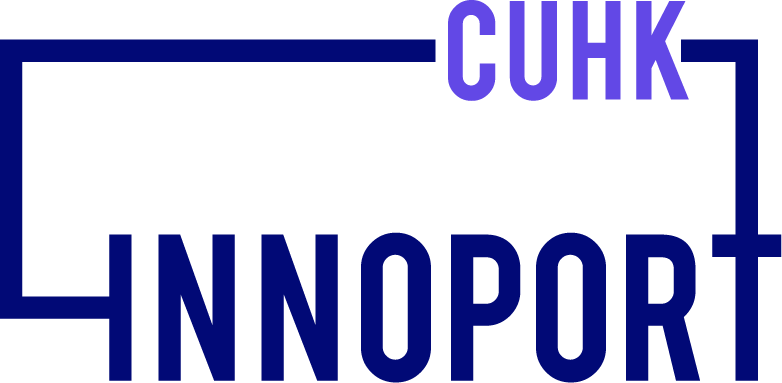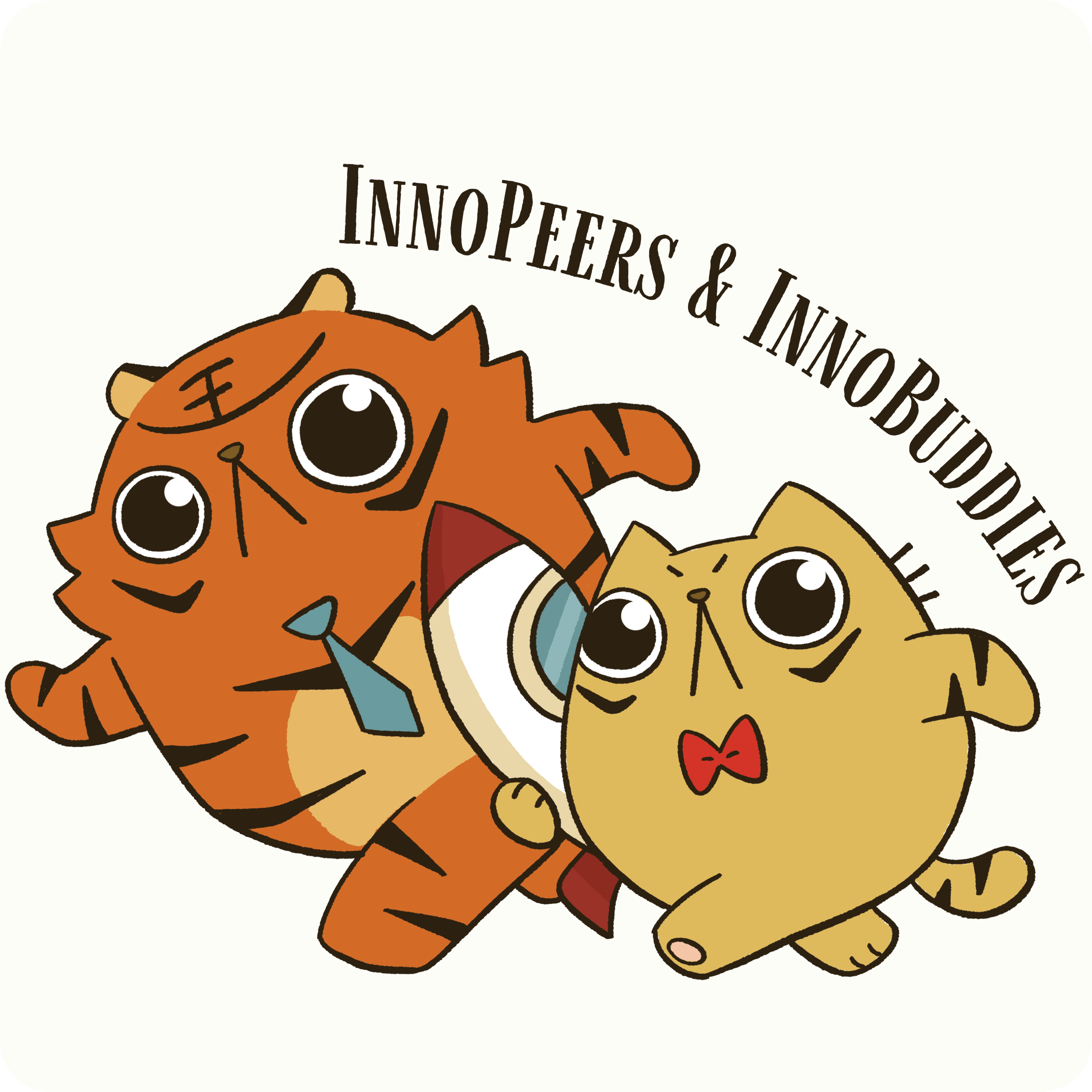Life goes swiftly on its way — Prof PC Shaw has been with CUHK for more than four decades. For 30 years the professor of School of Life Sciences, who is also pioneer in DNA authentication of medicinal herbs, has been ceaselessly conducting research on authentication and quality control of Chinese medicinal material. Through the vicissitudes in research of quality assurance of herbal products, Prof Shaw is also expert in education. Let’s hear his story.
Shaw completed BSc and MPhil in biology at CUHK in 1981 and 1983 respectively with flying colours, and in 1983 he went to Imperial College London to study PhD in biotechnology. He returned to Hong Kong in 1987 to teach at CUHK Department of Biochemistry, and in 2000 at School of Life Sciences till today.
“Classes were relatively small in late 1980s and early 1990s. There were only around 30 students in each class. Blackboards, transparencies and slide projectors have now become archaic items. Teaching and learning back then were more straightforward and flexible, with much less regulations than today. Each academic department would manage its own teaching programme. Now in School of Life Sciences only there are already 5 programmes. The administrative work is hence more complicated.” The workload of faculty staff has mounted up over time.
What is education? Kernels and fruits of teaching and research
Working at the same place for over 30 years is mind-boggling for Gen Z. Educators often have to work their fingers to the bone and get strained. How does Prof Shaw press on?

“Teaching and researching are pathways to discover new frontiers of knowledge. Teaching means nurturing the next generation. Positive impacts to students can benefit their career path and even for life. I get along well with my students — I am proud of and happy about that!” Quite a number of his students end up teaching at CUHK, including several colleagues at the School of Life Sciences, and 5 lecturers in General Education of CUHK and CUHK, Shenzhen. “They call me ‘Father of General Education Office”!”
“To me, an educator is a torchbearer who passes sparks of inspirations from one generation to the next, with the hope that more will be kindled.”
Ruminative and solemn as he seems, Prof Shaw becomes all smiles when he talks about his students. “My students are very good. Many of them have multiple interests and pursuits, and actually work on them — perhaps because of my influence. I give them a lot of resources and opportunities so that they can seize the chances and realise their potentials.”
“First, I give them a lot of freedom. In the laboratory, I seldom intervene and always let students try as much as possible in their own ways. This may consume more resources, but they will grasp better the discoveries made on their own. Second, I encourage students to explore different fields outside research and learning.” When it comes to diversified development, Prof Shaw really walks the talk in both teaching and research, and even in social enterprise.
DNA authentication x Chinese medicinal material research
“CUHK had commenced research in quality control and efficacy of Chinese medicinal materials since 1970s. Regrettably at that time, during my early years with CUHK, there was not much attention or support on research of Chinese medicine in Hong Kong. It had to run its course. There was no registration or management system at governmental level. Overall atmosphere of such research was weak. Funding source was limited to departmental subsidy or charitable donations. It was not until the 1990s that the Research Grants Council (RGC) began to open for funding applications, which become the major source of funding in this area.” With a strong background in molecular biology, Prof Shaw began the use of molecular technology to authenticate Chinese medicinal materials and products since 1990s. Today he is Director of Li Dak Sum Yip Yiu Chin R&D Centre for Chinese Medicine.
Prof Shaw explains, “Chinese medicinal materials and Chinese medicine are part of traditional Chinese culture. The unique history of CUHK helps the research and development of these areas. Colleagues in the Department of Biochemistry kicked off various pharmacological research on traditional Chinese medicine, cultivating a general interest and attention to Chinese medicinal research. I was invited by Prof Paul But, who specialised in botany and pharmacognosy, in the Department of Biology to launch research on molecular authentication in Chinese medicine.”
“I am one of the earliest researchers on molecular authentication in Chinese medicinal materials. My related published papers are hence among the firsts in international journals.”

Giving back to the society with research insights
The upswing of counterfeit Chinese medicinal products may ultimately shake the general public’s confidence in them. “We discovered DNA of Chinese medicinal materials even in the soup! Each organism has a unique DNA. Theoretically, DNA authentication is the most accurate method to validate a Chinese medicinal material.”
“DNA authentication is independent of traditional authentication. Traditionally Chinese medicinal materials are validated by their character, appearance, smell and texture, as well as chemical properties. Chemical authentication however may not be able to distinguish medicine made with similar species. Some products are in the form of powder or pills, without any trace of their original appearance to descry. DNA authentication therefore has its merits.”
Prof Shaw hopes to give back to the society by putting research findings into action. He came up with improving the quality of Chinese medicinal materials and products by DNA authentication and established ‘OriGene’, a company providing DNA authentication services. By chance he met friends in the industry, and together they also established a blockchain-based informative platform to promote credibility of Chinese medicine.
He established the non-profit-making social enterprise “HerBChain” with the support of CUHK Sustainable Knowledge Transfer Project Fund (S-KPF). HerBChain is a one-stop shop to trace origins of Chinese medicine. It provides an informative platform on manufacturing process of herbal products, and records of planting, processing, producing and testing Chinese medicinal materials as well as their distributor and retailer. Data on blockchain cannot be modified to ensure its traceability and credibility. HerBChain can also integrate with STEM education to raise awareness towards herbal medicine among youngsters. “Some local secondary schools have Chinese medicine gardens on campus. Students may make use of the platform and mobile app to record the growing and processing of Chinese medicinal plants.”



Are social enterprises short-lived?
Many social enterprises last only a few years. As an advocate of social enterprise, Prof Shaw is not ready to give up. “A social enterprise has to be commercially viable. Mission aside, there are business concerns to resolve — it will have to close down if it’s not making money. I’m still learning, and do as much as possible. Take baby steps and lay solid foundations while looking for development opportunities.”
“The motivations for education and social enterprise are different. I often encourage students to think beyond their own research areas, and to convert knowledge into actions. Once a company is set up for such purpose, how to operate it and make it sustainable?”
Years of teaching has also taught him to be resilient. “Very often you think you have taught the students a lot, but they may not be able to grasp all that you give them. The same rule applies to running a social enterprise. General users expect products to be easy to use, helpful and beneficial, rewarding but cheap and cheerful. What you see good may not be good in others. We should always put ourselves in someone else’s shoes.”
After years of planning, the Government Chinese Medicines Testing Institute (GCMTI) broke ground in June this year and is expected to complete by the end of 2024. Prof Shaw hopes that the government will further regulate quality control of Chinese medicine. “Right now quality control mechanisms are not compulsory. It’s difficult to rely on self-compliance within the industry. Consumers will not be confident in Chinese medicinal products if there isn’t a way for them to distinguish good and bad products in the market. Price-wise, those from mainland China are always more bargainous. If we can brand Hong Kong products well, it will be advantageous to Hong Kong as a whole too.”

Prof Shaw’s life motto? “‘As Heaven’s movement is ever vigorous, so must a gentleman ceaselessly strive along.’ We should live our lives to the full and always strive for self-perfection. It’s important to stay motivated. Motivation gives passion, and passion steers you towards the direction to success.”

Scholarly Tip
Prof Shaw is the former chairperson of the Hong Kong Bioethics Association. The book he recommends touches on ethical issues and solutions arising from technology, such as euthanasia, medical malpractice, genetic modification, and manufacturing embryos. “We cannot look for technological advancements without considering their impacts, which can be gloom or glory. Often we are stuck in a dilemma. The question is how we make decisions. Global warming is largely a result of technological development and should get more of our attention.”
“A lot of times there isn’t any absolute right or wrong. But you are required to make a judgement to go ahead. The book gives suggestions on how to make difficult decisions, how to seek common ground, the greatest common divisor. It is good for readers at secondary school and university level.”

Information of social enterprises | HerBChain Co., Limited
Starting year: 2021
Project fund: Sustainable Knowledge Transfer Project Fund (S-KPF)
Team member: Prof Shaw Pang Chui (Founder of HerBChain), Ms Yik Hong Yu Mavis (Project Manager), Mr Wong Tin Hang (Education Manager of Shiu-Ying Hu Herbarium)
Objective:「HerBChain」is a one-stop platform, aiming at providing information on QC of herbal material and products and facilitating online and offline transactions.
「HerBChain」uses blockchain technology for tracking, as it is tamper proof, highly encrypted and high data security. The Company operates in non-profit manner, and is applying for charity status, to ensure impartiality and credibility.
Website: https://herbchain.hk/
Additional Information
Original text in Chinese:Alice Fong @ORKTS
English translation:Miriam Lee
***
Not yet a subscriber? ! Do it now!
Curated by InnoPort Team, one email to feed you the hottest info and story from the innovation universe — CUHK and beyond!
***
Where Ideas Root and Flourish




